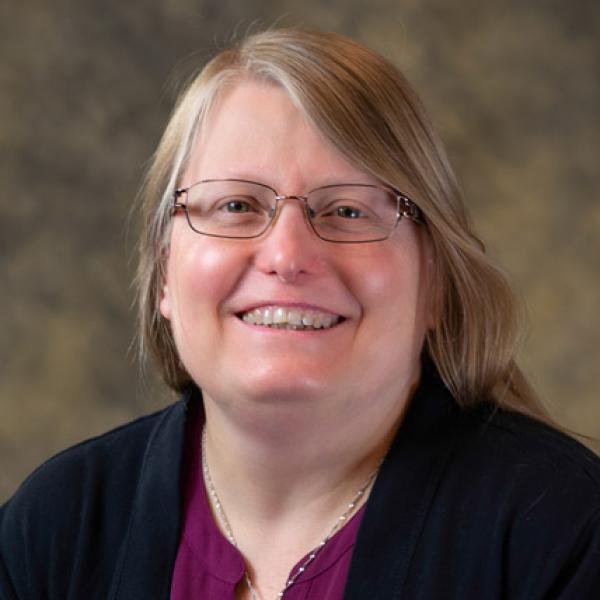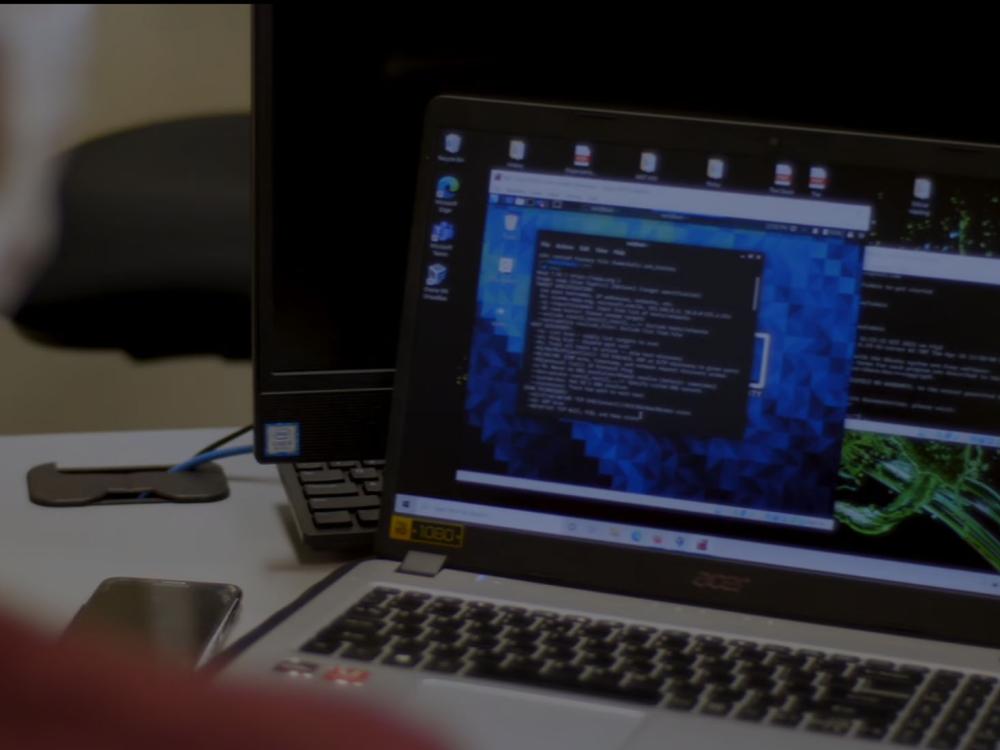Featured Video
Information Technology Virtual Tour
Dr. Sandra Gorka gives a glimpse inside the labs where future IT professionals learn how to install, configure, and maintain computing systems. You'll check out everything from gaming and simulation spaces to the hands-on labs decided to cyber security, networking, database management, and Linux systems.



